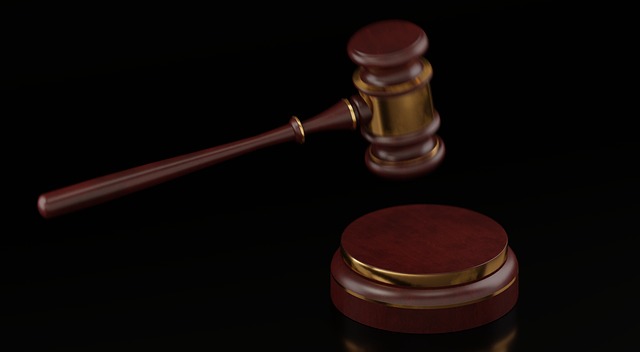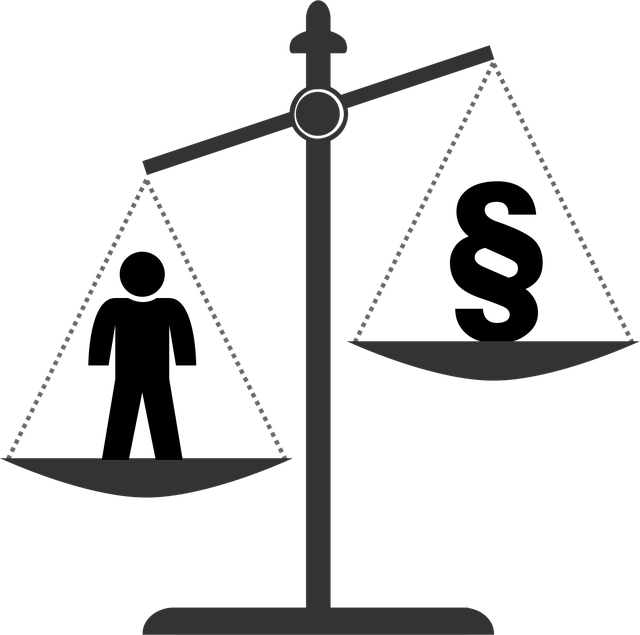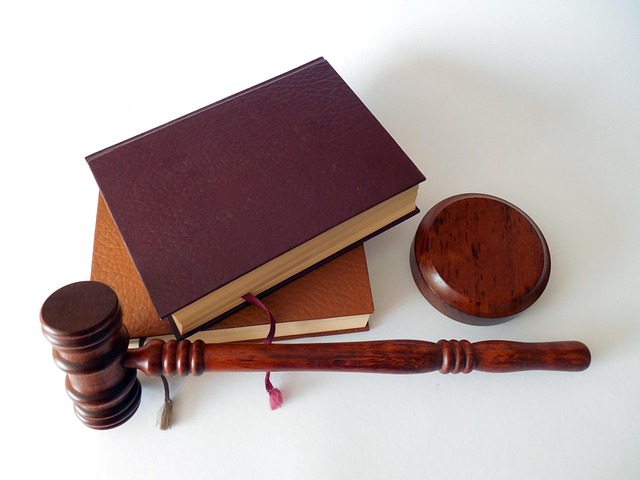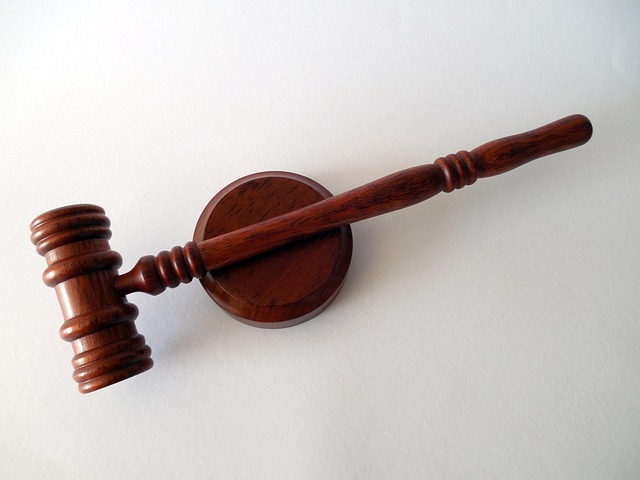After a contract breach, key steps include understanding the violation through contractual review and evidence preservation, swiftly engaging legal experts for strategic guidance, documenting damages and sending formal notices, assessing remedies with professional help, balancing trial vs. negotiation, and implementing a strategic plan for resolution.
Litigation Support Services are essential steps to take after a contract breach, ensuring thorough preparation and strategic response. This comprehensive guide outlines key actions, from understanding the breach by assessing contractual terms to preserving critical evidence through documentation and data collection. It emphasizes engaging legal experts for consultation and collaboration, as well as proactive damage mitigation strategies. Additionally, it explores strategic remedies, including legal actions and negotiations, providing a robust framework for navigating contract breaches effectively.
- Understand the Breach: Assess Contractual Terms
- Preserve Evidence: Document and Collect Data
- Engage Legal Experts: Consult and Collaborate
- Mitigate Damages: Take Proactive Steps
- Strategize Remedies: Legal Actions and Negotiations
Understand the Breach: Assess Contractual Terms

After a contract breach occurs, understanding the specific nature of the violation is the first crucial step. This involves meticulously reviewing the contractual agreements to identify the exact terms that have been breached. Each agreement outlines rights and obligations, and by assessing these provisions, affected parties can gain valuable insights into their subsequent actions.
The process entails analyzing both written and oral communication to pinpoint the breach’s cause and scope. This assessment is critical as it guides the formulation of a strategy aimed at achieving extraordinary results, whether through negotiations, mediation, or, in some cases, jury trials. The goal is to protect the interests of all stakeholders, including philanthropic and political communities, ensuring that justice prevails while fostering positive resolutions that can contribute to the overall well-being of these communities.
Preserve Evidence: Document and Collect Data

After a contract breach, the first crucial step is to preserve evidence. This involves immediate action to document and collect all relevant data that could be critical in any potential litigation. It’s essential to maintain a thorough record of communications, including emails, text messages, and any other forms of digital interaction related to the agreement.
Additionally, gathering physical evidence and taking detailed notes about the breach circumstances can significantly aid in building a strong case. For his clients, this process ensures that they have a comprehensive defense strategy, potentially leading to the complete dismissal of all charges if handled correctly. Avoiding indictment requires meticulous preservation and presentation of evidence during legal proceedings.
Engage Legal Experts: Consult and Collaborate

After a contract breach occurs, taking swift action is crucial. One essential step to consider is engaging legal experts who can provide specialized knowledge and guidance tailored to your situation. These professionals play a pivotal role in navigating complex legal landscapes, especially in high-stakes cases involving white-collar defense. They help you understand your rights, obligations, and potential remedies under the law.
Consulting legal experts involves collaborative efforts where they analyze the breach, its impact, and available options. This process may lead to negotiations with the opposing party or preparing for litigation if a complete dismissal of all charges is sought. Their expertise ensures strategic decision-making, enhancing your chances of achieving a favorable outcome, whether through settlement or trial.
Mitigate Damages: Take Proactive Steps

When a contract breach occurs, taking swift action is crucial to mitigate potential damages. The initial steps after discovering a breach should focus on understanding the scope of the issue and gathering relevant evidence. This involves reviewing the breached contract thoroughly, identifying the specific terms that have been violated, and documenting any financial losses or other consequences that arise from the breach.
Proactive measures include sending a formal notice to the breaching party, detailing the violation and requesting immediate remedies. These steps are essential in protecting one’s interests, especially in complex cases involving white-collar and economic crimes. By taking prompt action, individuals and organizations can not only reduce further harm but also strengthen their position for potential legal proceedings, ensuring fair compensation and justice for his clients within the philanthropic and political communities.
Strategize Remedies: Legal Actions and Negotiations

After a contract breach, the first step is to assess the situation and strategize remedies. This involves a careful analysis of the breach’s scope and impact, along with understanding the legal rights and obligations as per the agreement. Legal professionals play a pivotal role here, guiding clients through potential courses of action such as negotiations or legal proceedings.
For his clients facing high-stakes cases, it’s crucial to consider the pros and cons of different strategies. While jury trials can be a powerful tool to send a message of accountability, they are also resource-intensive and come with uncertain outcomes. Negotiations, on the other hand, offer a faster, more cost-effective resolution, but may not always achieve all desired goals. The key is to take swift action, gather robust evidence, and decide on a plan that balances legal efficacy with practical results.
After a contract breach, a strategic and systematic approach is essential. By understanding the breach, preserving relevant evidence, engaging legal experts, mitigating damages, and strategizing remedies, businesses can navigate complex situations effectively. These steps, outlined in this article, serve as a guide to help you manage potential risks and protect your interests when facing contractual violations. Remember, prompt action is key; take these measures to ensure the best possible outcome during litigation support services.






